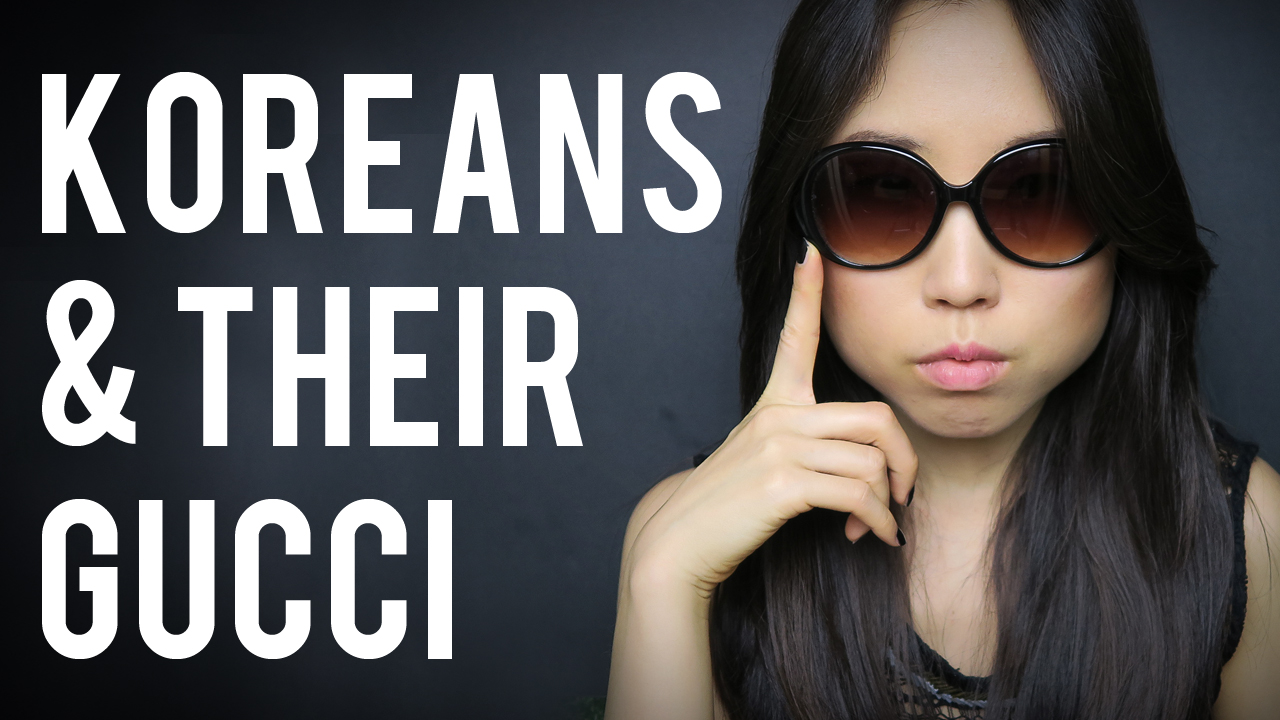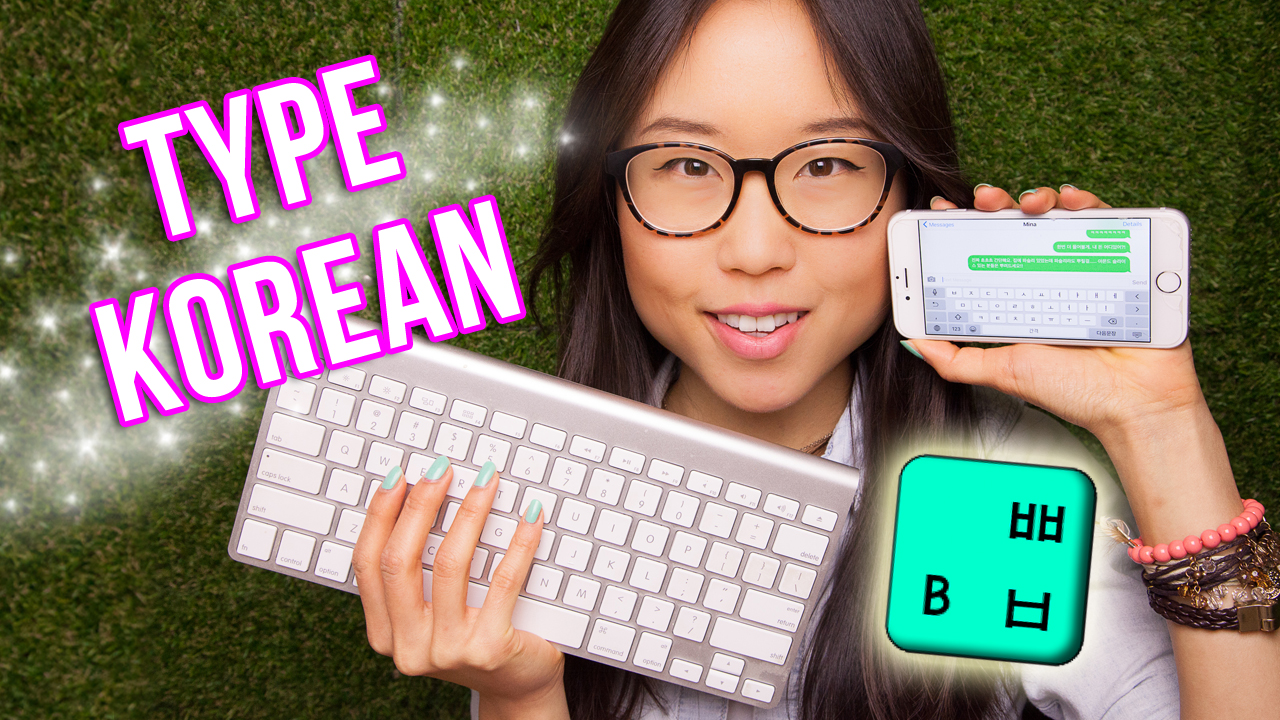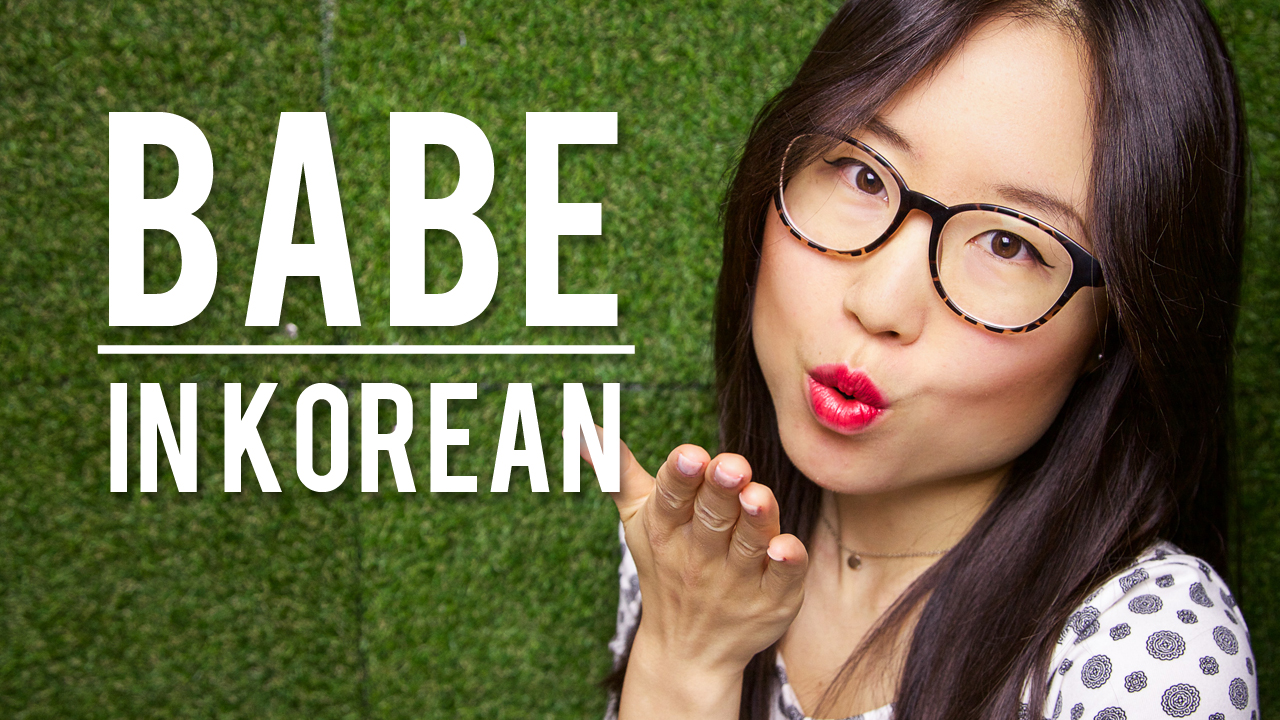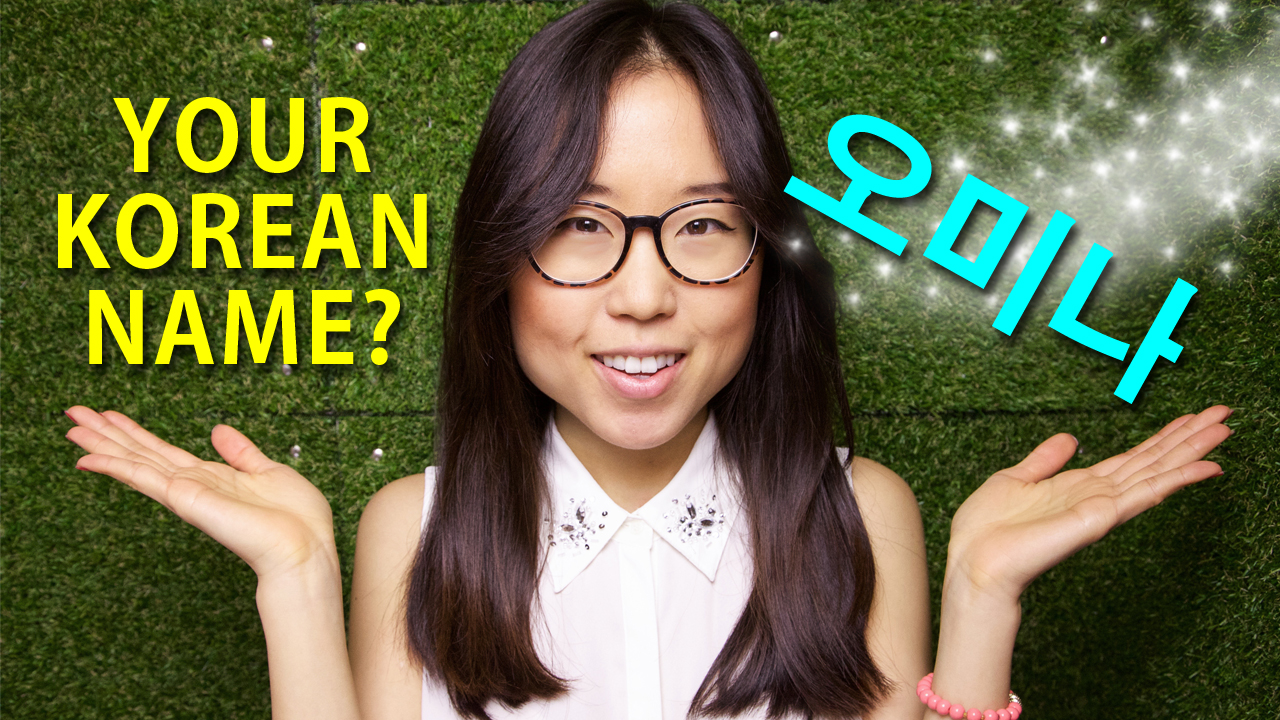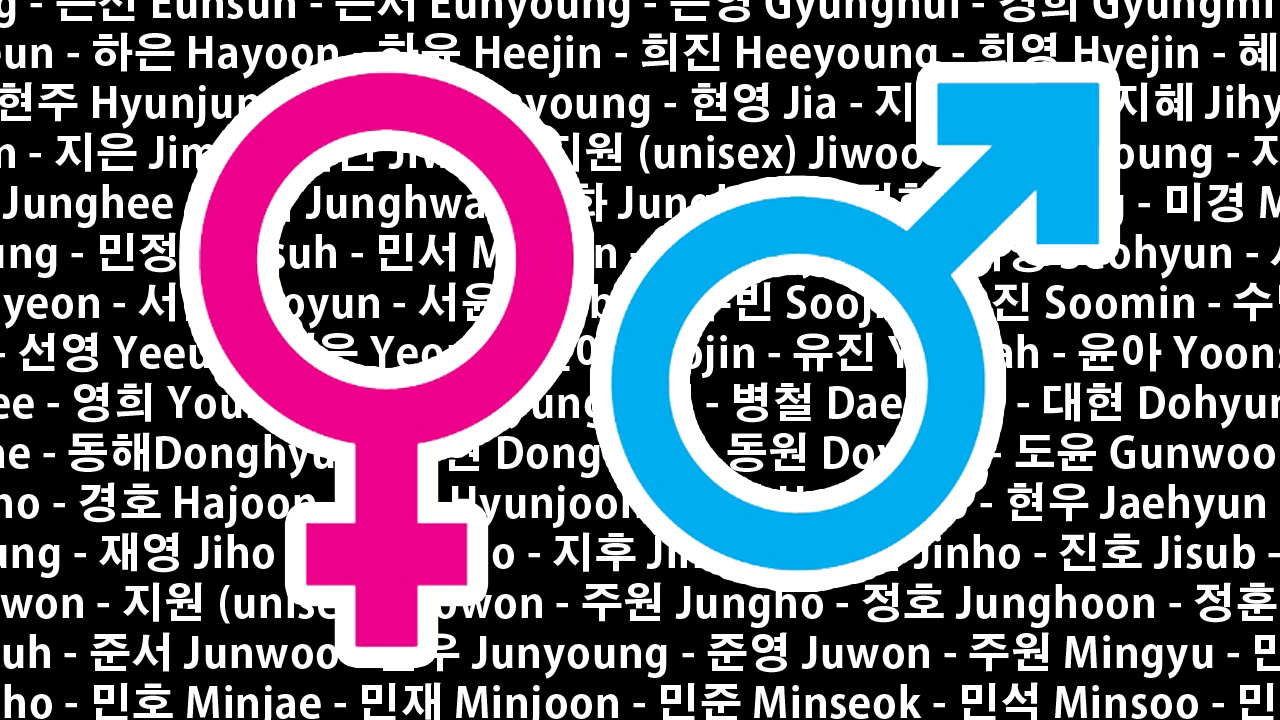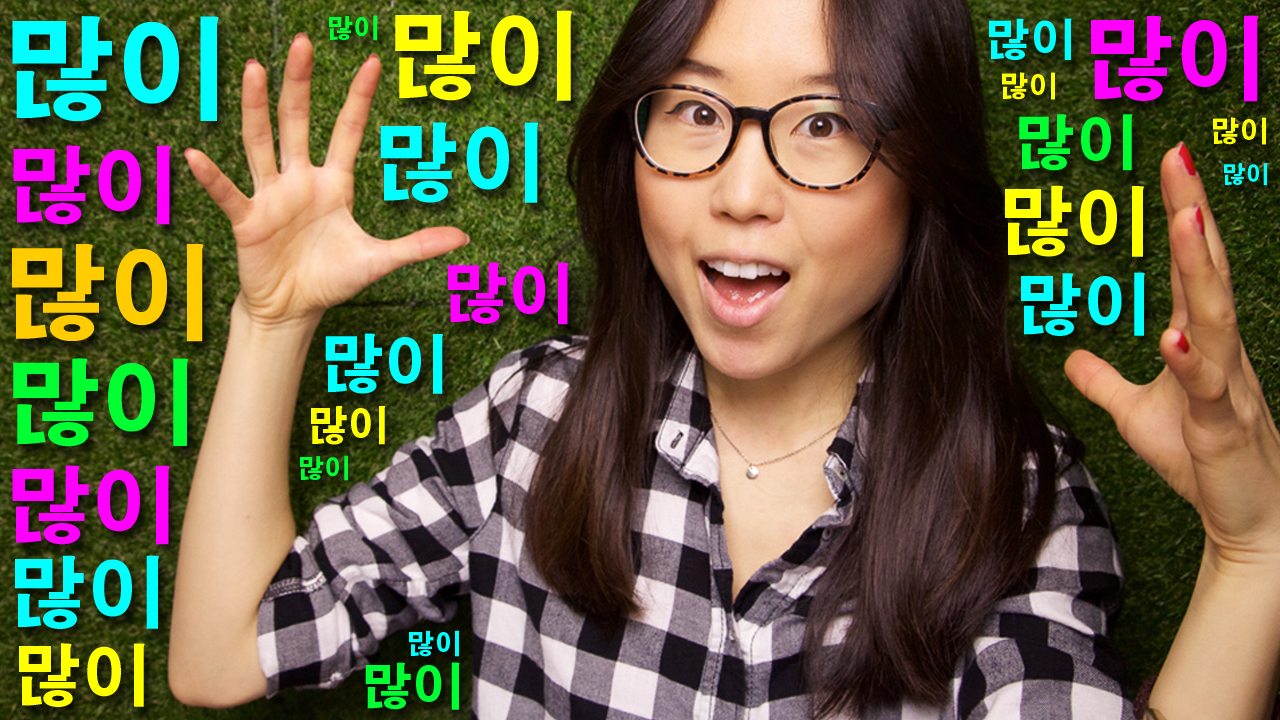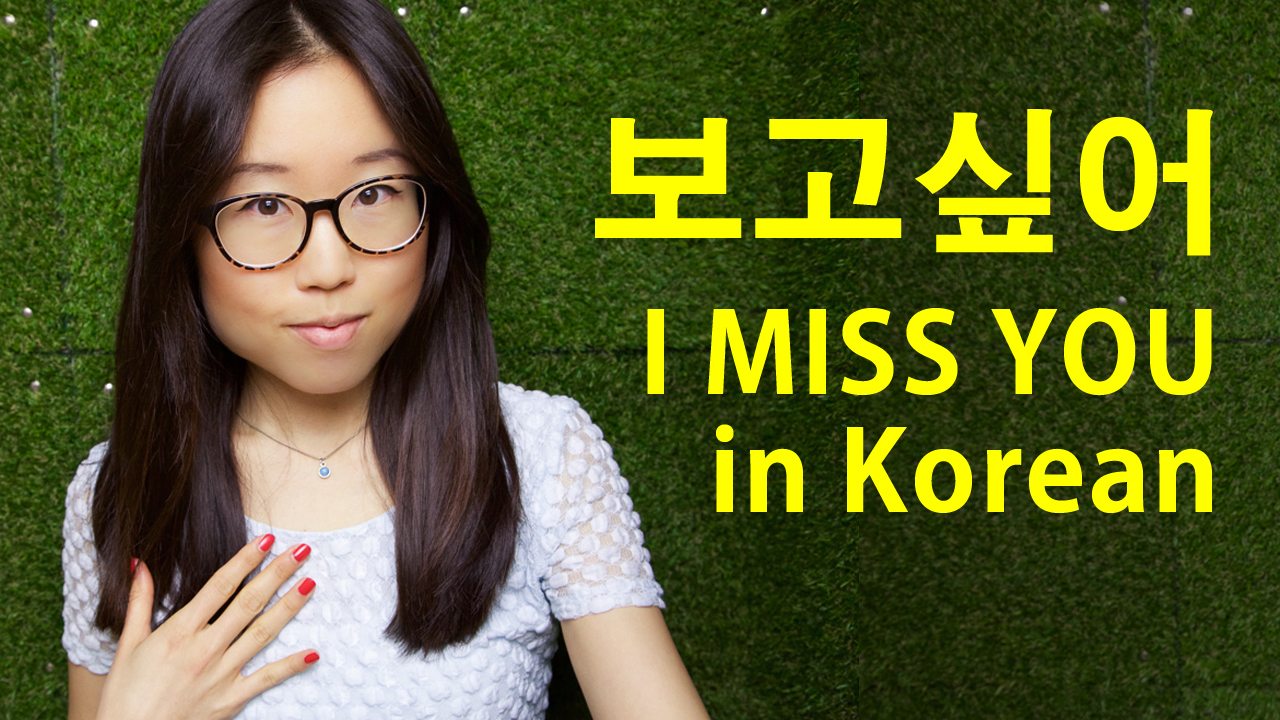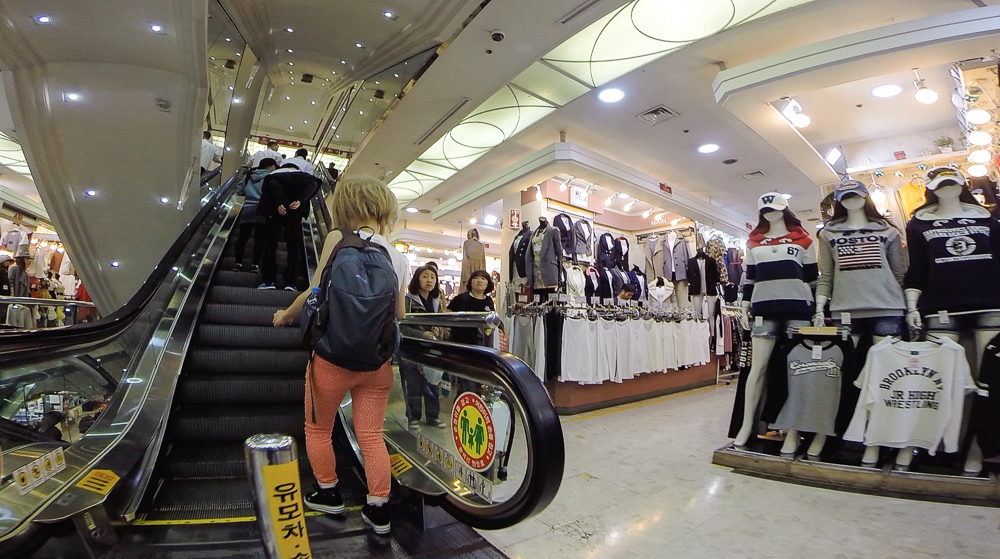Viewers and friends have asked me many times before: why do Koreans say "gucci" so much? Are they talking about fashion or am I mistaking it for something else?
Sometimes they are talking about Gucci the brand. Most of the time, they are saying 그치 (geuchi). 그치 means “isn’t it?” and “right?” 그치 is an agreeing expression. It can be used a both a statement and a question.
Question: 그치? Right?
Statement: 그치! Right!
For the fashionistas out there, the Korean way of saying Gucci the brand is 구찌 (goo-jjee). “Right?" and "Isn’t it” is 그치 (geuchi). 구찌 (goo-jjee) and 그치 (geu-chi) may sound similar, but knowing how to pronounce the subtle differences make a huge impact.
Here’s an example using both 구찌 and 그치:
네 가방… 구찌지, 그치?
Ne gabang… goojjeeji, geuchi?
Your bag… It’s Gucci, right?
그치, 난 구찌만 사.
Geuchi, nan goojjeeman sa.
Right, I only buy Gucci.
When I lived in LA for seven years, a lot of girls and guys would say, “RIGHTTT~~~?” It didn’t matter if they were a stranger or a friend. If I said something was cute or delicious, they would reply in agreement… RIGHT~? You can think of 그치 (geuchi) as the Korean version of "Right~?" Except in my experience, "Right~?" tends to be used by young people and 그치 (geuchi) is used by all ages.
CONVERSATION AT THE RESTAURANT:
와~ 이 갈비 진짜 맛있다!
Wah~ E galbi jinjja masshitda!
Oh gawd, these short ribs are super delicious!
그치? 많이 먹자!
Geuchi? Mani mukja!
Right? Isn’t it? Let’s eat tons!
CONVERSATION WITH FANGIRLS:
태양 노래 진짜 잘 불러.
Taeyang norae jinjja jal boolluh.
Taeyang is really good at singing.
그치? 어제 홍대에서 봤어.
Geuchi? Uhjae hongdae-aesuh bwassuh.
Right? Isn’t he? I saw him at Hongdae yesterday.
CONVERSATION WITH GRANDMA:
Grandma: 어느 색이 나? 이거 아니면 이거?
Uhneu segi na? Eguh animyun eguh?
Which color is better? This one or this one?
Girl: 파란게 더 잘 어울려요, 할머니.
Parangeh duh jal uhoollyuyo, halmuhni.
The blue one fits you more, Grandma.
Grandma: 그치? 나도 그 생각 했어.
Geuchi? Nado geu senggak haessuh.
Right? I was thinking that, too.
그치 (geuchi) is informal. The FORMAL way of saying it is 그쵸 (geuchyo). Use 그치 (geuchi) towards friends and those younger than you. 그쵸 (geuchyo) is used towards your elders and in situations you’d like to be formal.
오늘 날씨 좋아요, 그쵸?
Uneul nalsshi joayo, geuchyo?
The weather is great today, right?
제가 만들었지만, 이 잡채 참 맛있어요. 그쵸?
Jega mandeulutjiman, e japchae cham masshissuhyo, geuchyo?
I know I’m the one who made it, but this japchae is pretty delicious. Right?
그쵸. 누구 한테서 배우셨는데요?
Geuchyo, nugu hantaesuh bae-oohshyutneundeyo?
Right. Who’s the one who taught you?
그치 (geuchi) and 그쵸 (geuchyo) are shortened versions of 그렇지 (geu-ruh-chi) and 그렇죠 (geu-ruh-chyo). 그치 and 그쵸 are used often in spoken form. 그렇지 and 그렇죠 are more proper and seen in books. When text messaging, Koreans often use the shorter versions as it is faster to type and gets the point across. It’s like saying SEE YA or CU, instead of “I’ll see you later.”
Hope you enjoyed learning the subtle yet important differences of Gucci and Geuchi. See you next week on my YouTube channel for more on Korea!

